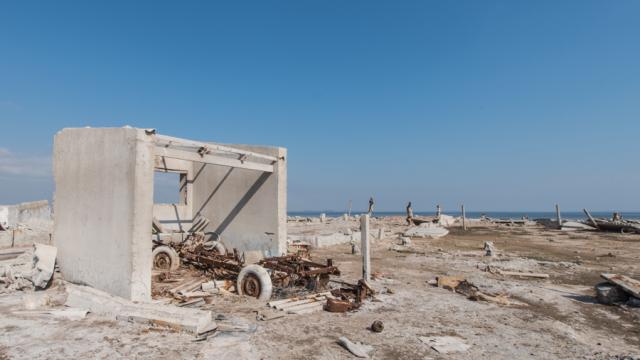At one time, Epecuén was a booming resort city: a grand town on a beautiful lake, attracting holidaymakers from all over Argentina in the 1920s with its revitalising salt waters. There were hotels, nightclubs, and restaurants. Today, it’s a thicket of bleached white ruins, latticed with rusted steel and fallen power lines.
Like so many other low-lying towns, Epecuén was a victim of bad engineering. On November 6, 1985, an unusual weather phenomenon known as a seiche, or standing wave, struck the lake — soon after, the dam protecting the town had broken, and the tides began to rise. Though residents had enough time to escape, the town itself was plunged into a long, wet sleep. Resorts, houses, playgrounds, schools were all lost.
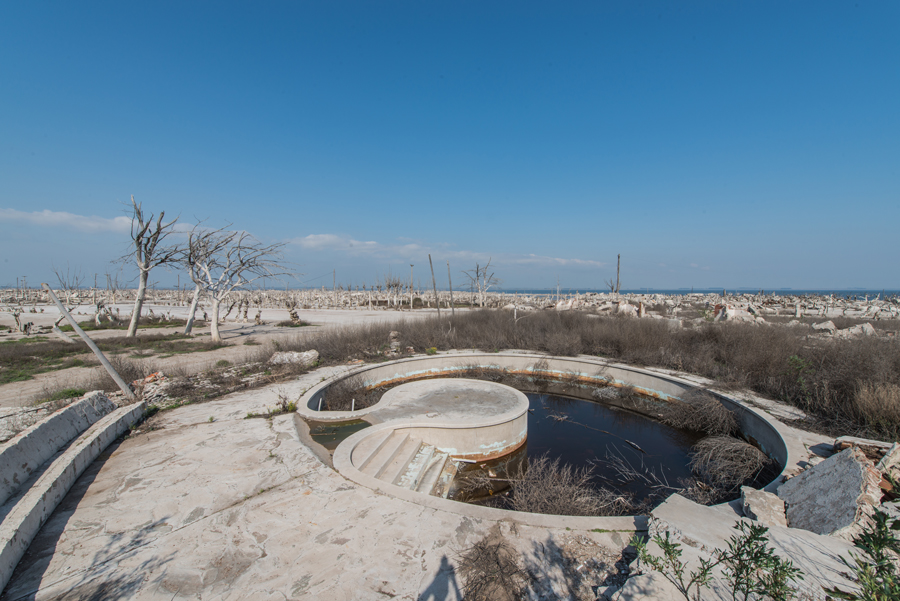
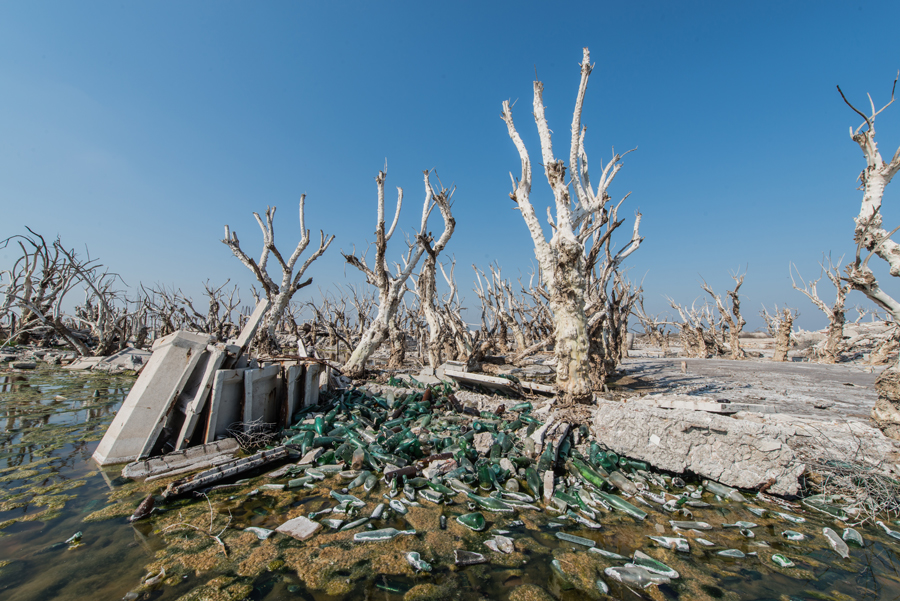
After a quarter of a century, the water receded. Ghostly remains were left intact, as captured recently by photographer Romain Veillon, who sent along his photos today. These ruins aren’t quite a place, but they represent a very real memory for the residents who once lived there.
Many revisited their former homes, and in the case of one 81-year-old resident, even returned to live. But Epecuén was never rebuilt — instead, it’s served as something of a curiosity, playing host to stunt bike videos and other projects.
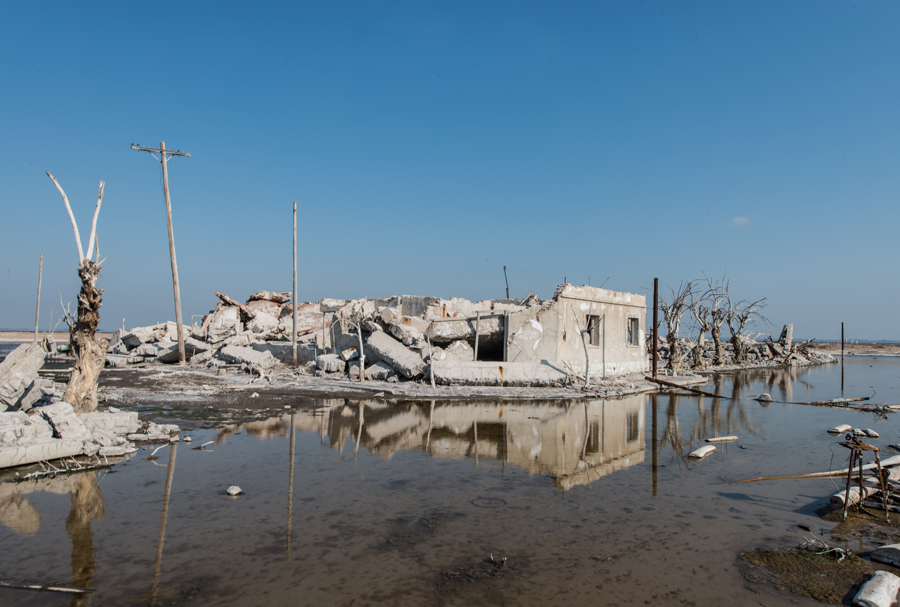
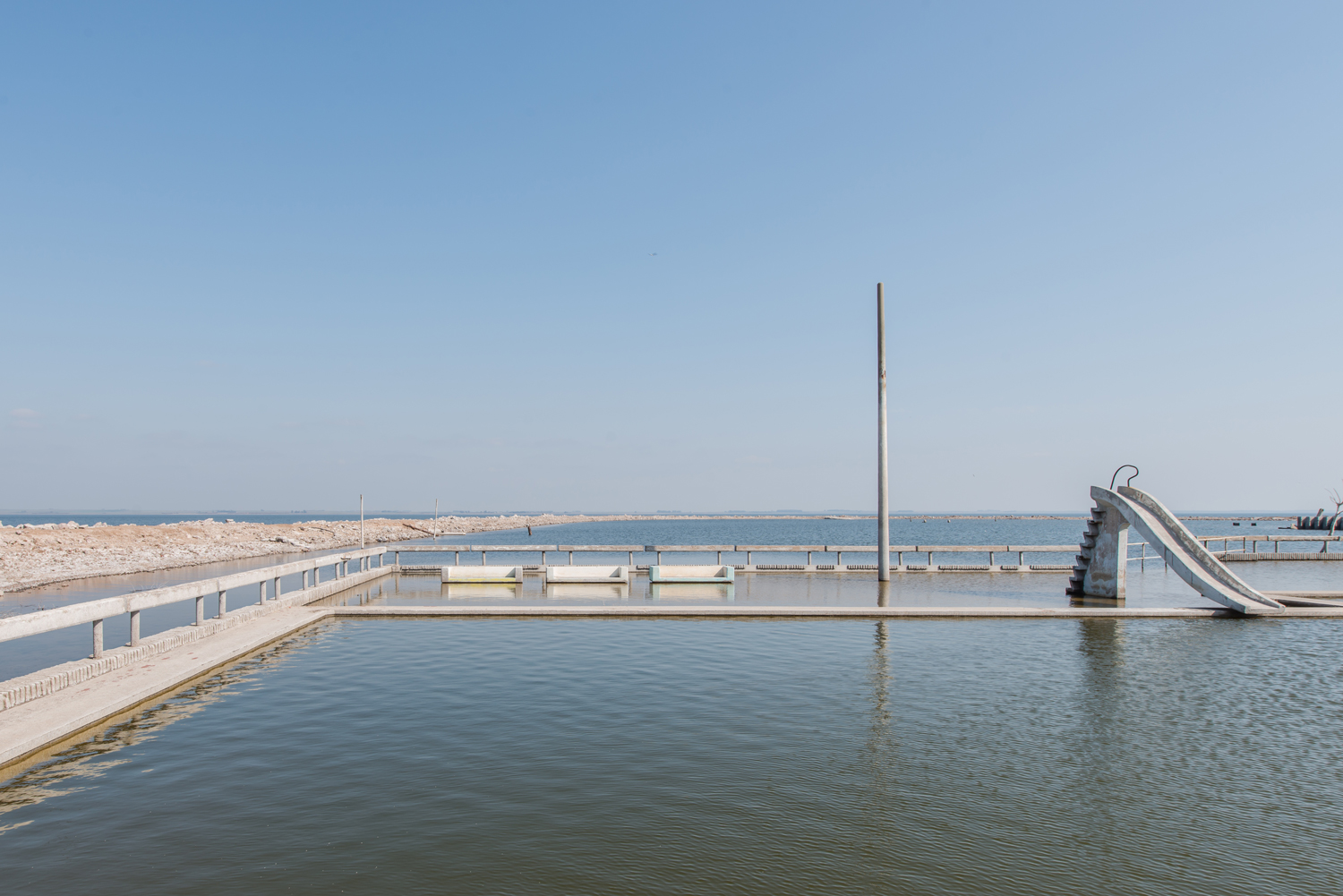
Veillon describes his experience in Epecuén as a harrowing warning of the power of nature:
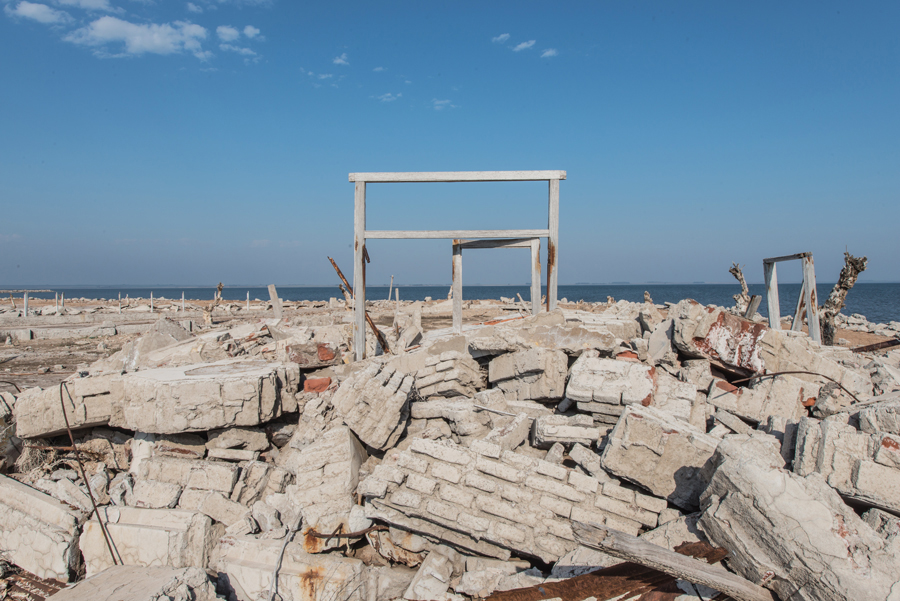
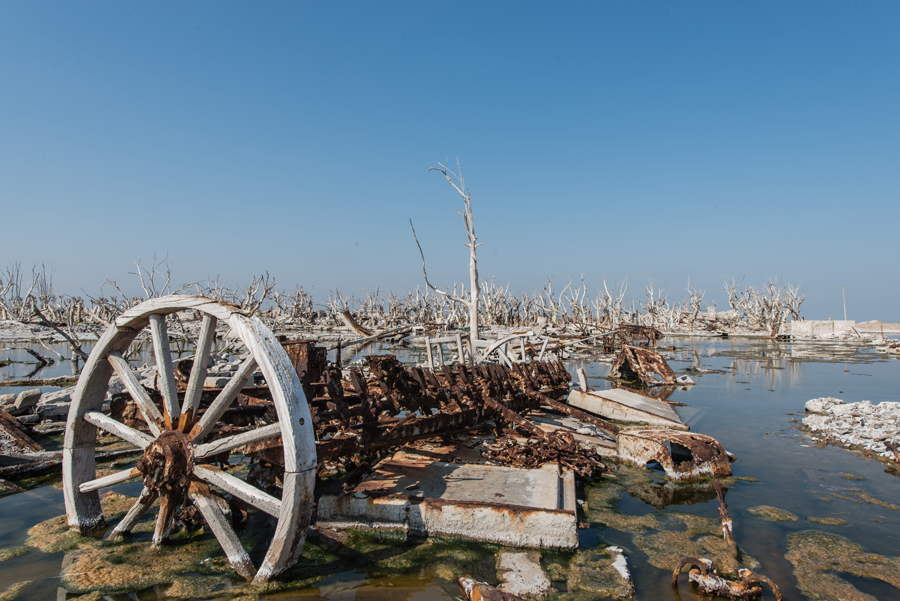
Like the myth of Atlantis, Epecuén was flooded by the water like the gods were trying to send a message to mankind: We are nothing when the elements are unleashed. Ruins reappearing nowadays act like a threat of what could happen again if man thinks he can bend nature to his will. It’s enough to get lost a few hours through the muddy streets of Epecuén to understand how hard it would have been to lose everything overnight and be able to start over despite it.
This is far from the only “sunken” town that has resurfaced of late. In fact, there are dozens in the U.S. and Europe alone, many the victims of intentional flooding by civil engineers creating reservoirs. Epecuén’s story is a bit different — and a bit more harrowing. Check out a few more of Veillon’s photos below. [Roman Veillon]
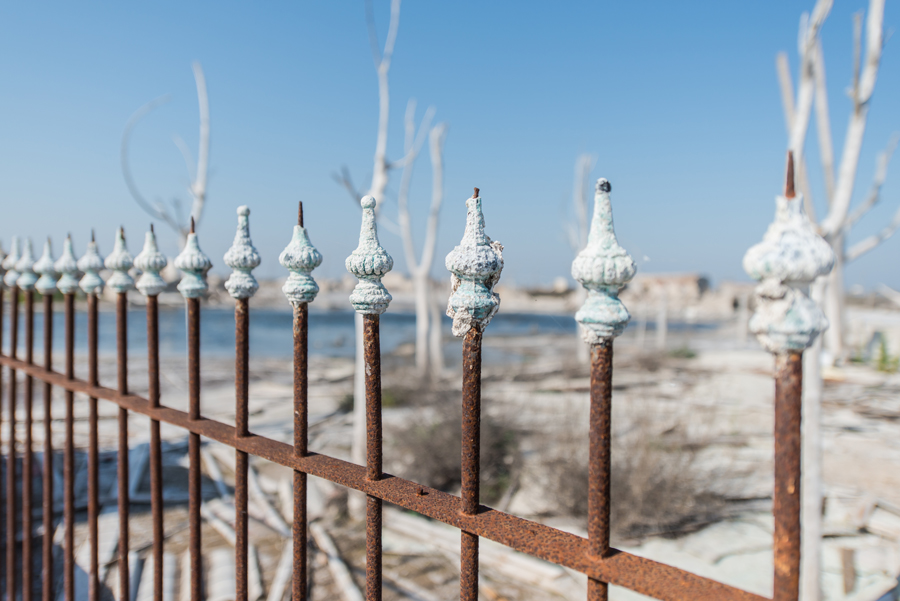
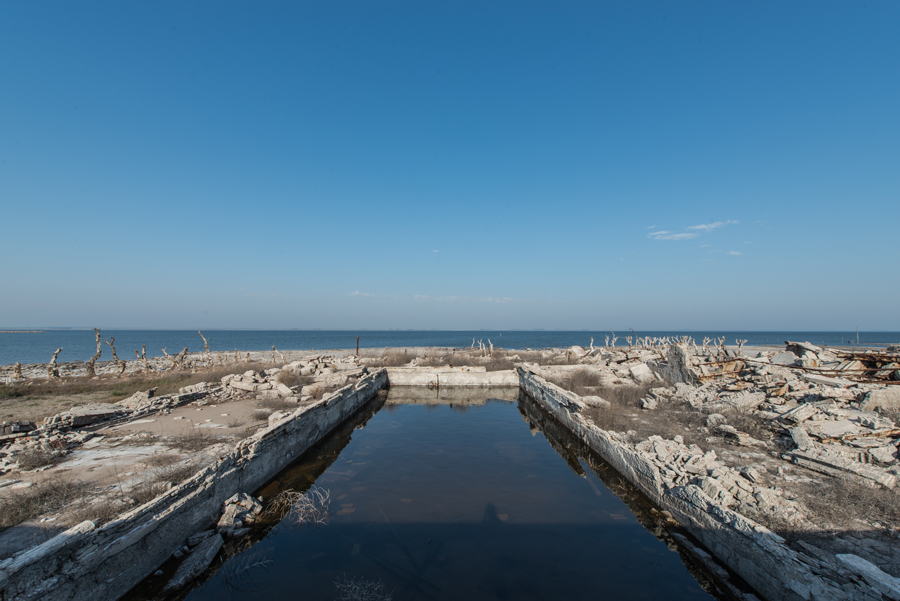
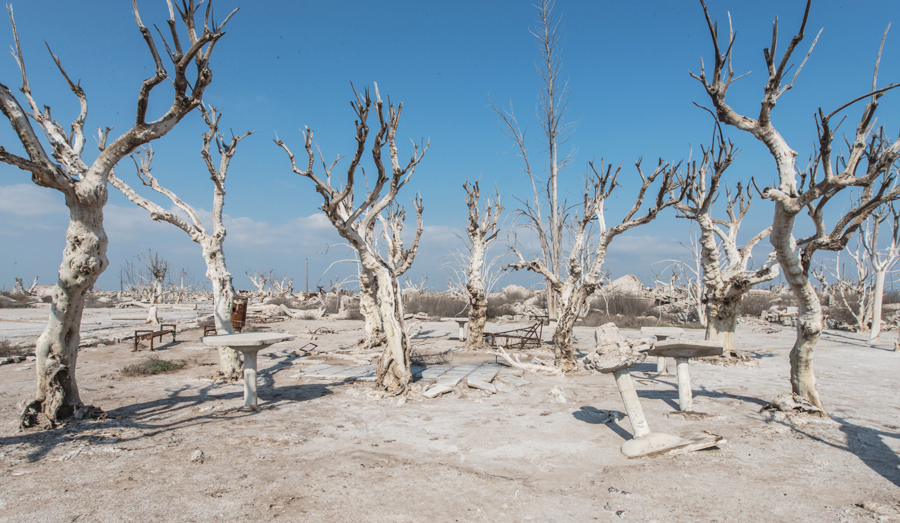
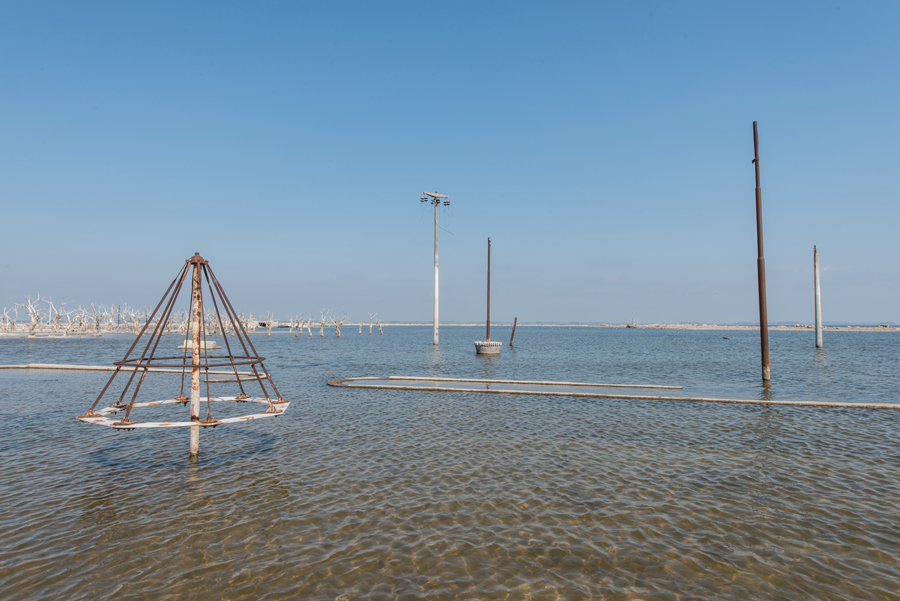
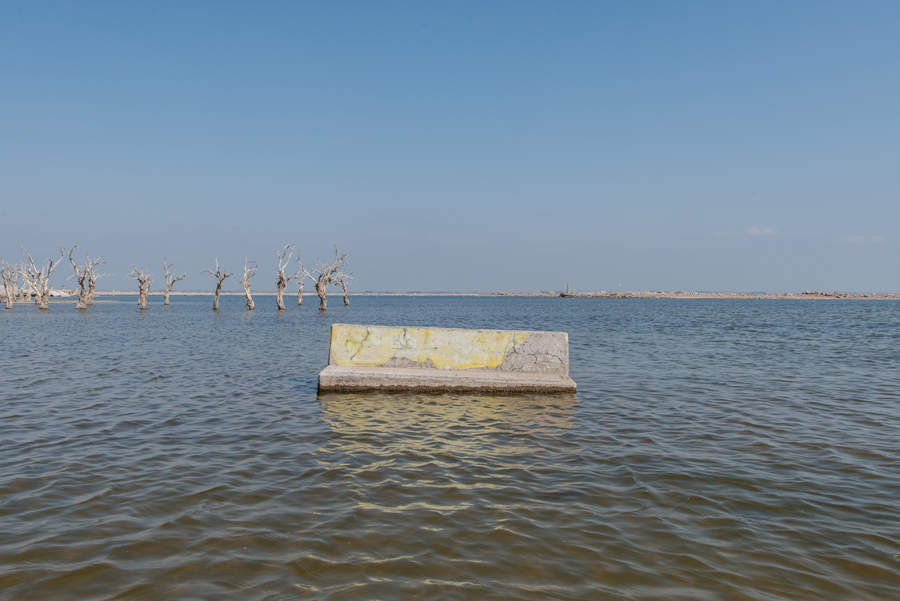
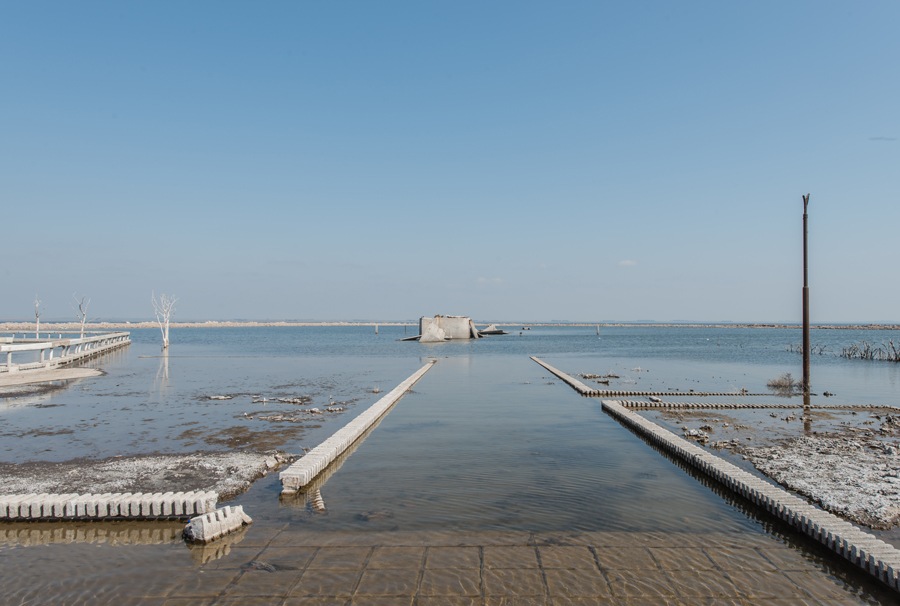
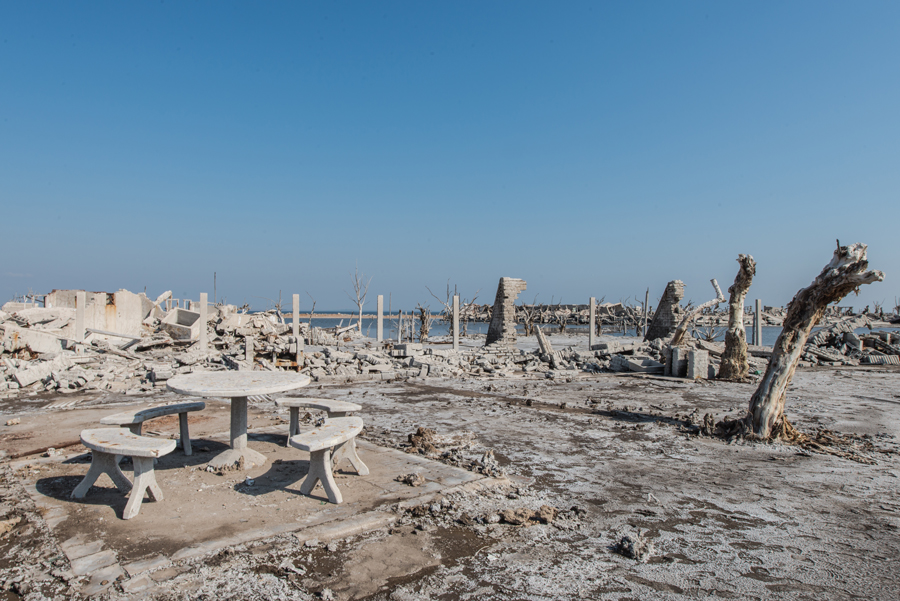
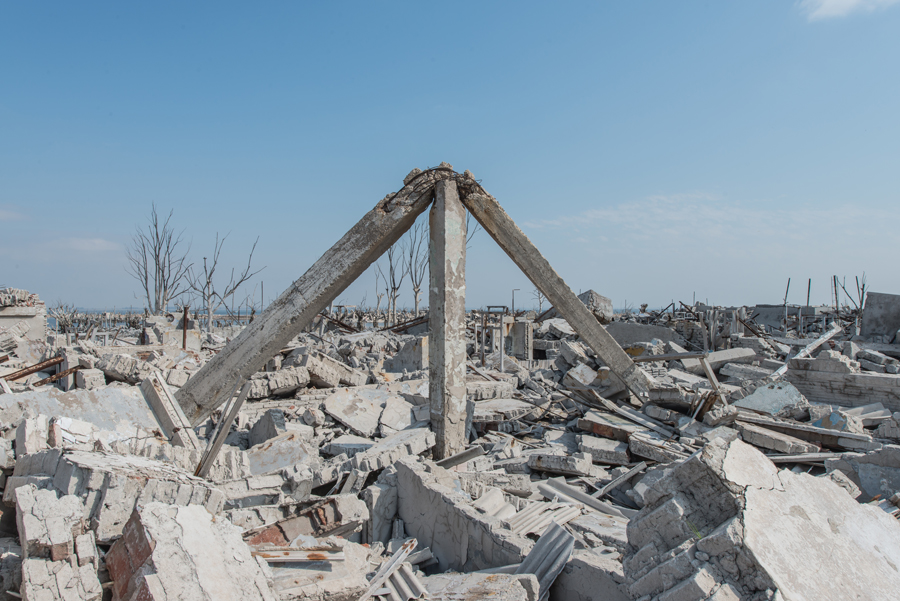
Pictures: Romain Veillon
